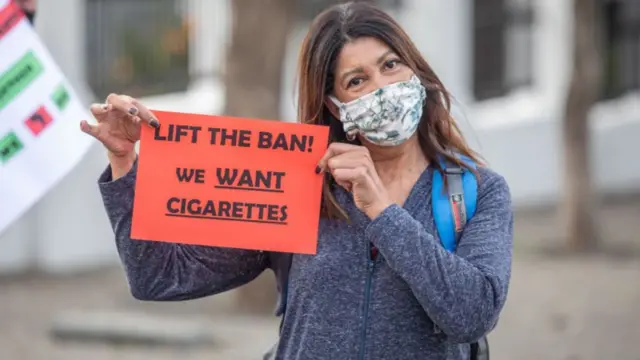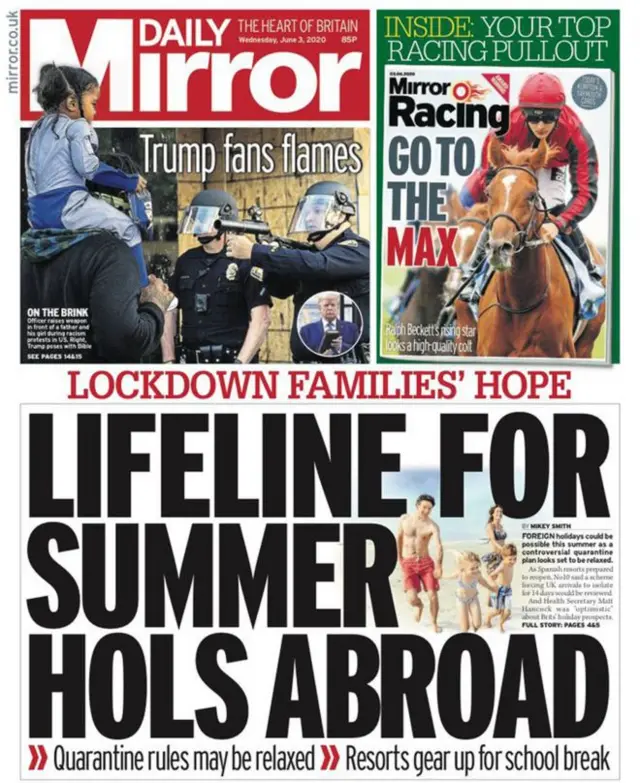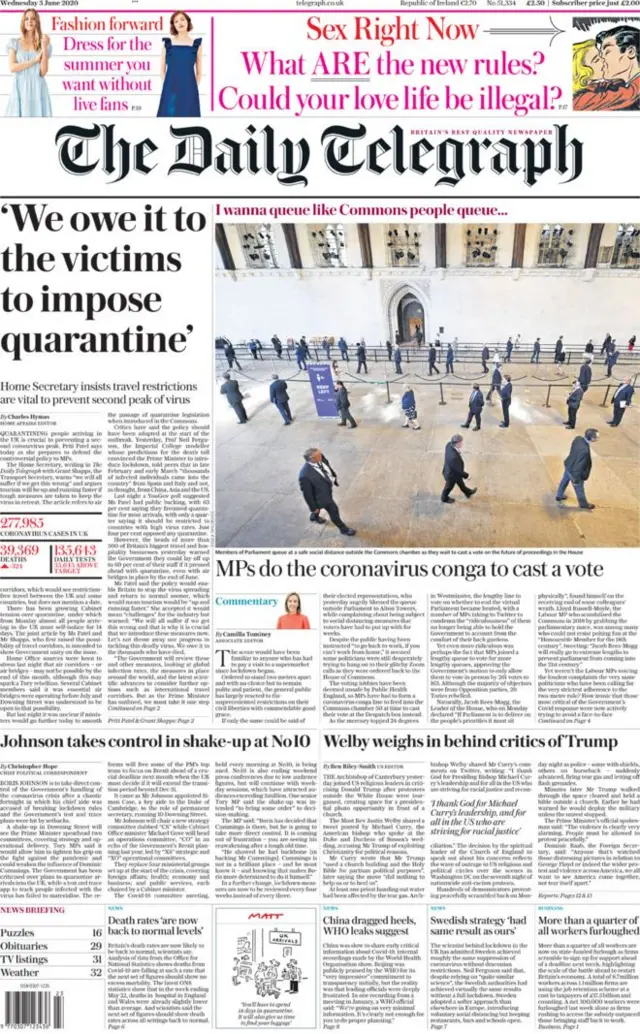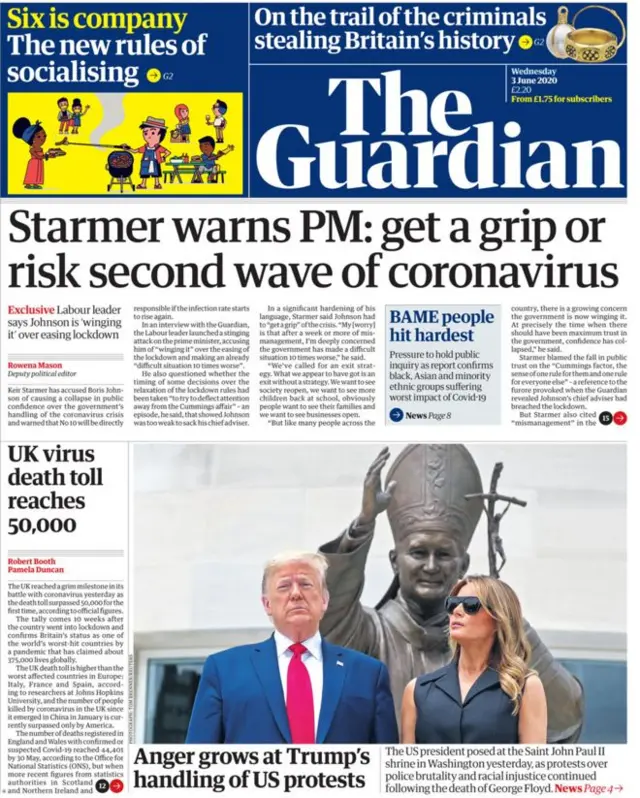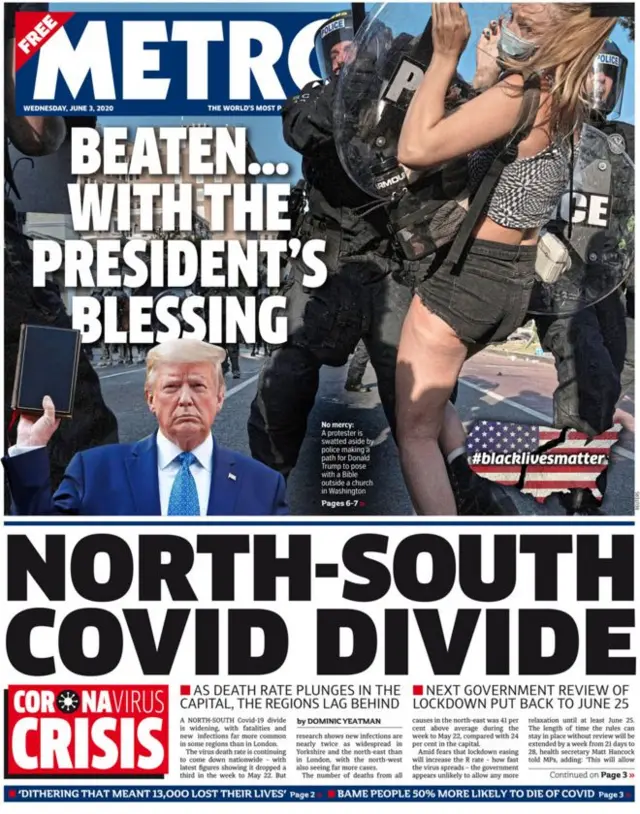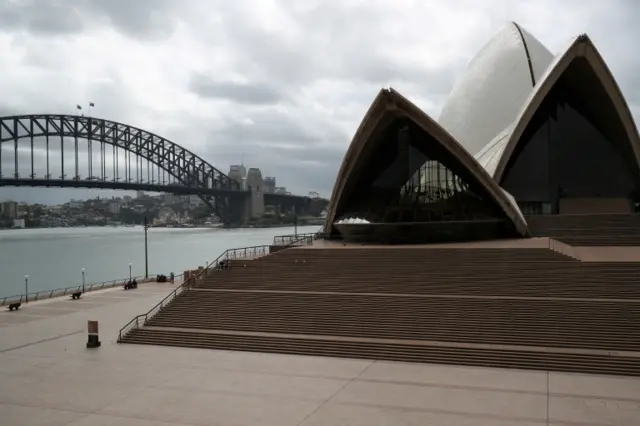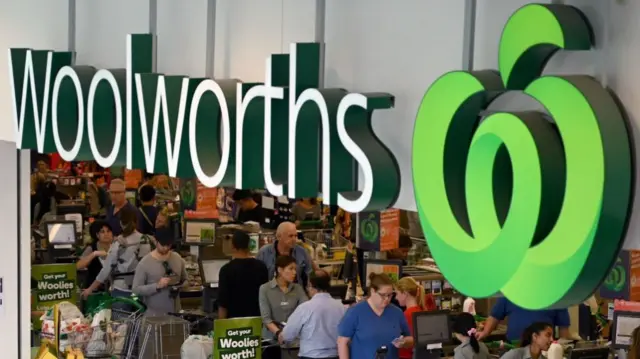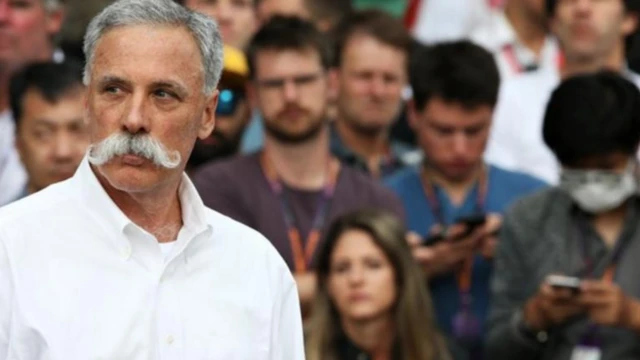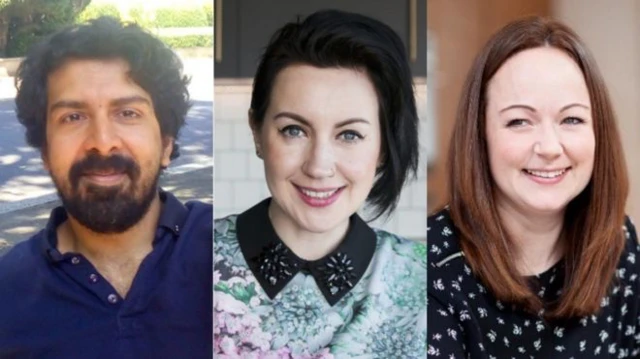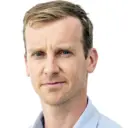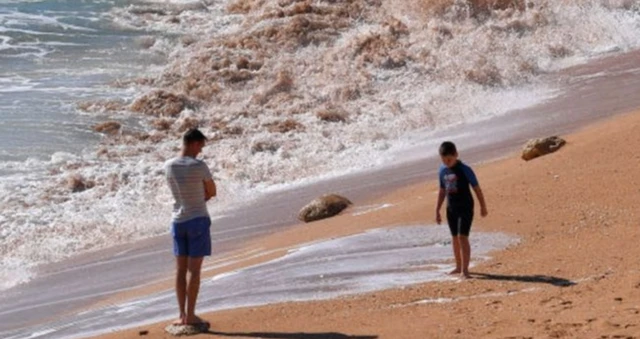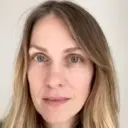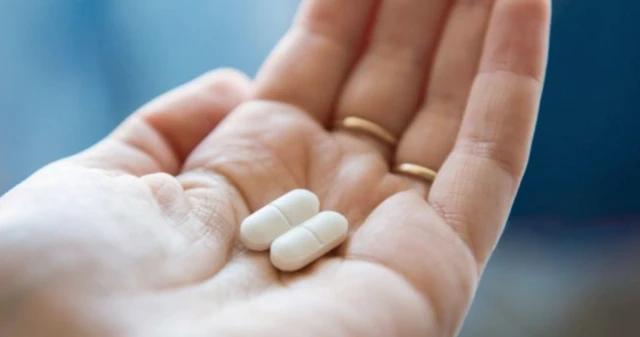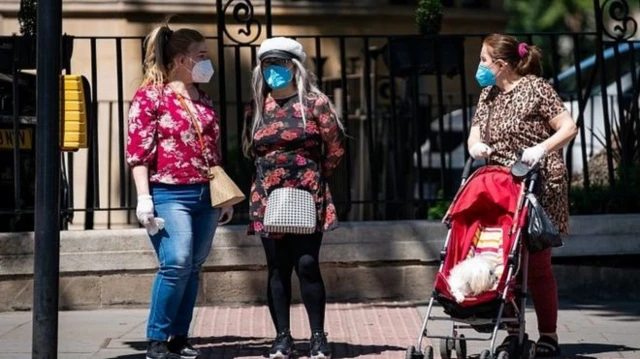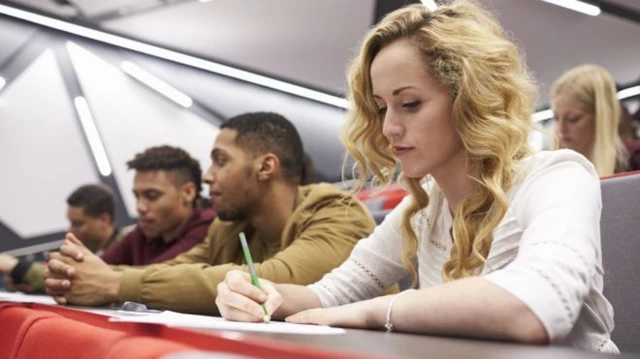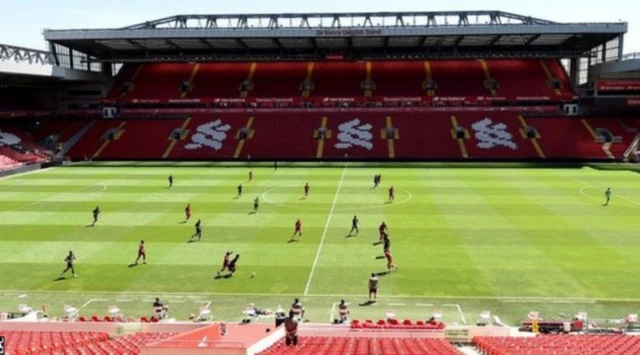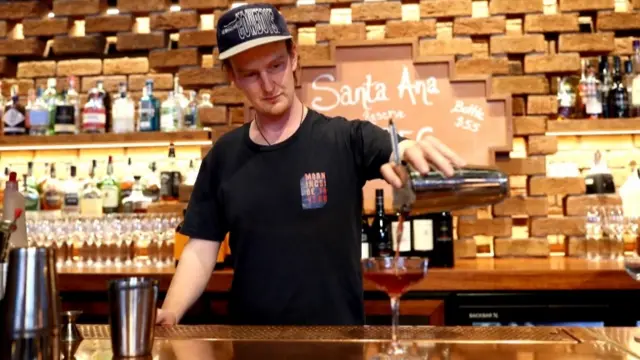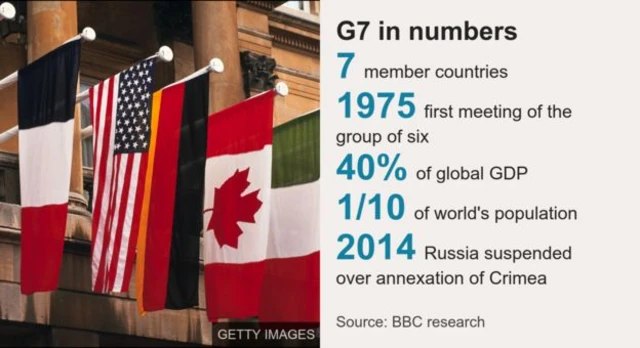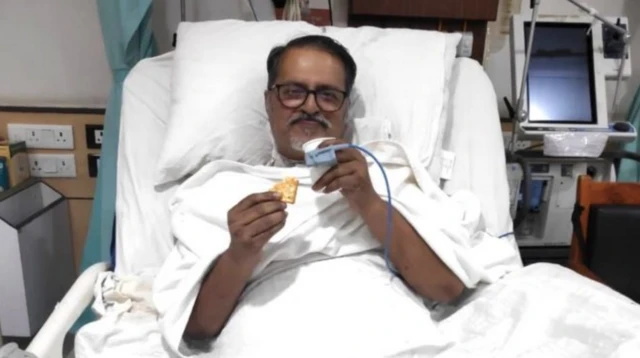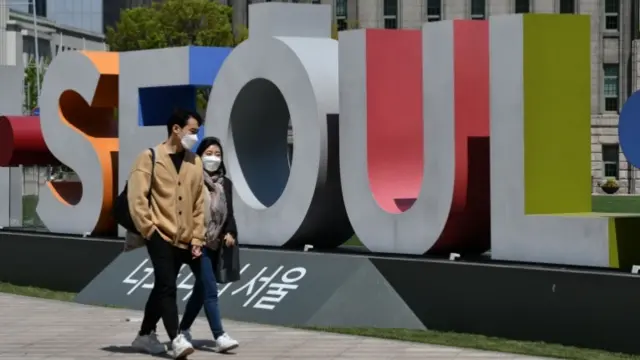Working from home? Your boss may be spying on youpublished at 07:26 BST 3 June 2020
Is your boss spying on you as you work from home?
In the US there has been a surge in demand for software that monitors employee activity, as millions more people work from home as a result of the pandemic.
Companies that use the software might argue that this is about maintaining productivity, but others feel the software is open to misuse.
BBC Click's Lara Lewington finds out how the software works and speaks to the New York Times journalist Adam Satariano who tested monitoring software to see how it affected how he worked when others were watching.
